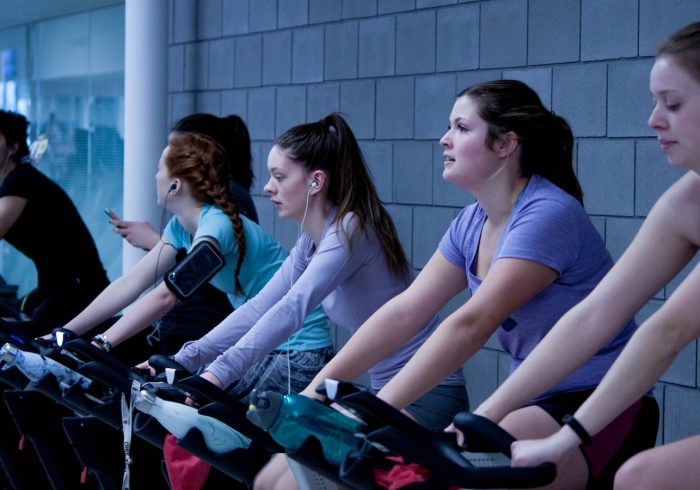 mental health are both physical and psychological. Physically speaking”>
mental health are both physical and psychological. Physically speaking”>
explain three ways on how physical activities can benefit your mental health
When it comes to overall health, physical fitness and mental health go hand-in-hand. It can be easy to forget that both are important components of overall well-being. There are numerous scientific studies that link physical activity to improved mental health, and it’s important to understand how to maintain a healthy balance between the two.
Regular physical activity can provide an outlet for stress and emotions, while also helping to enhance your cognitive functioning. Exercise releases endorphins, which are hormones associated with feeling positive and relaxed. Physical activity can also help to reduce anxiety and depression, and improve mood. Additionally, research has shown that engaging in physical activity on a regular basis can help to improve self-esteem and self-image.
Benefits of Fitness in Mental Health
- Reduce stress and anxiety
- Relieve depression
- Boost self-esteem
- Improve sleep
- Increase energy levels
- Improve concentration and focus
Another major benefit of fitness in mental health is that it can help to reduce stress. Regular exercise can help to reduce the brain’s response to stress by controlling the production and activity of hormones. Additionally, physical activity can enhance the ability to deal with and manage stress more effectively.
Regular physical activity can also help to improve the quality of sleep. Exercise can help to reduce fatigue and improve alertness during the day, while also helping to increase the duration and quality of sleep. Studies have also found that exercise can reduce insomnia and improve the body’s ability to fall asleep quicker.
Tips for Incorporating Exercise into Your Mental Health Routine
- Set achievable goals – start with just 10 minutes of exercise a day and gradually increase the duration as you become more comfortable.
- Make time for physical activity – try to schedule in 30 minutes a day to focus on physical activity.
- Connect with nature – go for a walk, bike ride, or jog in a park or by a river for some fresh air.
- Vary your workouts – mix it up with different exercises so you don’t get bored and end up skipping workouts.
- Stay motivated – it can help to exercise with a friend, join a fitness class, or set yourself a reward for achieving your goals.
Exercising doesn’t have to mean spending hours in the gym. Building physical activity into your daily routine is the key to improving both your physical and mental health. The benefits of fitness on mental health are clear, and the tips above can help you start making exercise a priority in your daily life.



